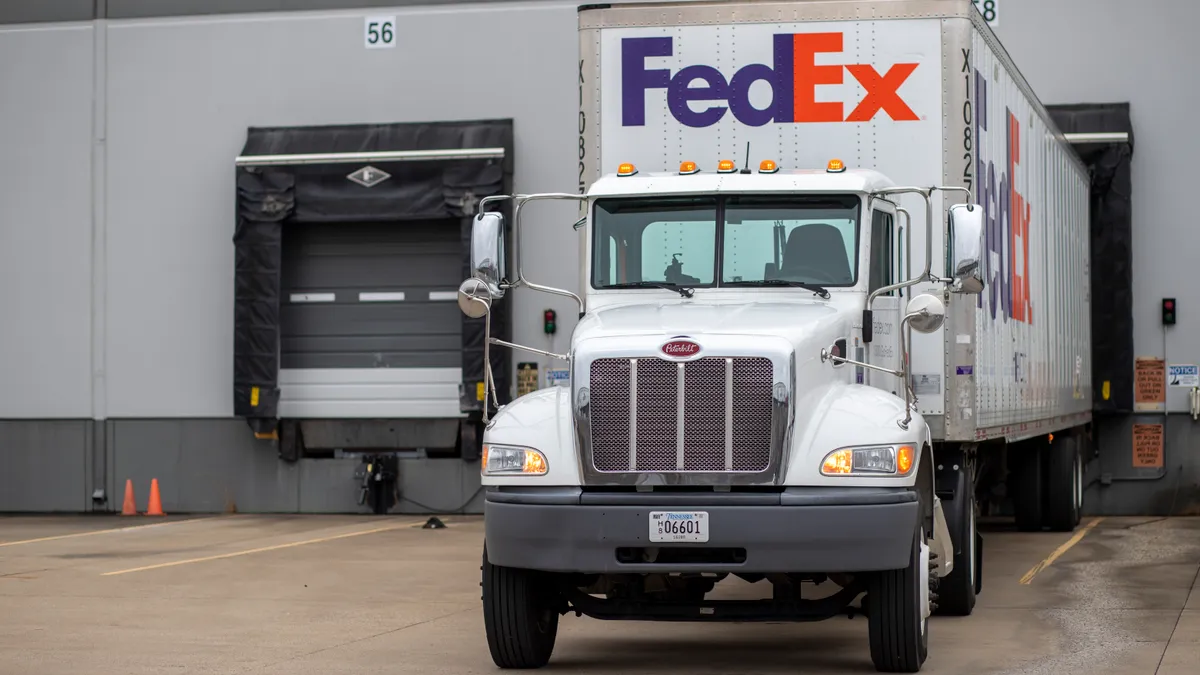Dive Brief:
- Before COVID-19, improving operational excellence was a business priority for most companies, according to a survey of 100 IT leaders from Apptio conducted between March and June. But amid disruption, executives' priorities shifted to focus on cost-cutting.
- For almost two-thirds of organizations, the pressures of the pandemic increased demand for IT capabilities. Three-quarters of technology chiefs said the ability to quickly shift gears became critical in dealing with the pandemic.
- Half of CIOs report having already slashed IT budgets, while 80% are under pressure to reduce spend. Across industries, the median cut to tech budgets was a 25% reduction.
Dive Insight:
Technology became the backbone that supported company operations, enabling distributed work and the shift to digital processes wherever possible. In many industries, the pandemic accelerated adoption of technologies that support social distancing. For fleets, that meant bills of landing and proof of delivery.
Tech leaders are joining the rest of the C-suite in companywide cost optimization strategies, with 20% of finance chiefs expecting tech investments to help with cost reduction, according to data from PwC.
For 72% of CIOs, COVID-19 and the disruption it introduced altered their priorities. Execs came into 2020 with planned digital transformation roadmaps that no longer matched the context businesses operate in.
Tech executives are tasked with managing costs as they push forward with innovation, "particularly in an environment where cash is king and plans can change on a daily basis," said Jarod Greene, general manager of the Technology Business Management Council and VP of product marketing at Apptio, in a release accompanying the survey.
In the context of the pandemic, two-thirds of decision makers sharpened their focus on cost optimization, while another 34% said they prioritized operational efficiencies, according to TBM Council data. In some cases, those efforts are bolstered by technology investment.
"The ability to eliminate costs (not to mention errors) through automation and network density optimization are two meaningful ways to survive in an environment marked by overcapacity," Anant Vashi, director at middle market investment bank Capstone Headwaters, said in June. A tech focus also allows carriers to better integrate with brokers, he said, putting large, tech-savvy carriers in "a better competitive position versus mid-sized and small carriers who rely more on email and phone based rate negotiations."
The shift is slated to impact global tech spend, according to Gartner projections. Worldwide IT spend will reach $3.5 trillion in 2020, marking a 7.3% decrease from 2019 levels. Amid the contraction, infrastructure as a service is expected to grow 13.4%.














